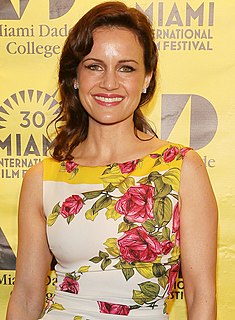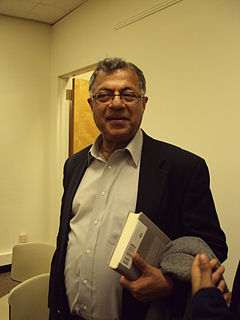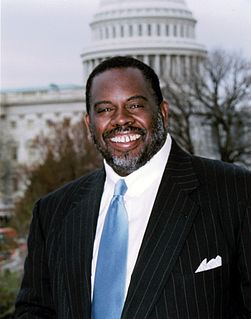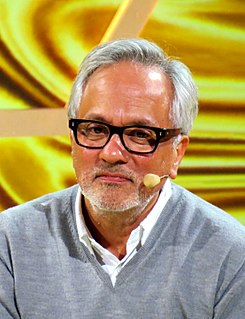A Quote by Holly Hunter
It's a fantastic mirror to us to engage with art, to engage with paintings that are about tragedy, to go see Shakespearean comedies, to read a Greek play... We have always investigated the lightness and darkness of the human soul, in all these forms. So why not do it on television?
Related Quotes
[Comedies], in the ancient world, were regarded as of a higher rank than tragedy, of a deeper truth, of a more difficult realization, of a sounder structure, and of a revelation more complete. The happy ending of the fairy tale, the myth, and the divine comedy of the soul, is to be read, not as a contradiction, but as a transcendence of the universal tragedy of man. ...Tragedy is the shattering of the forms and of our attachment to the forms...
The world has never before had as much drama as today. Radio, films, television and video inundate us with drama. But while these forms can engage or even enrage the audience, in none of them can the viewer’s response alter the artistic event itselfThat is why theatre is signing its own death warrant when it tries to play too safe. On the other hand, that is also the reason why, although its future often seems bleak, theatre will continue to live and to provoke.
The human ego is the ugliest part of man. We lift up men who only show us darkness, and put down those brave enough to show us light. Likewise, people engage in darkness when it is light outside, and acknowledge the light only when it is dark. We abandon those fighting for us to cheer behind those fighting against us. And, we only remember good people and God when it is convenient to us –and take them for granted because their doors are always open, only to chase after closed doors and personalities void of truth.
I've always been interested in technology, but specifically how we can use machines to engage the imagination. I started using computers when I was young and was fascinated by creating rules and instructions that allow a computer to engage in a dialogue with humans. The stories found in the data all around us can do just that.
Crime, violence, infamy are not tragedy. Tragedy occurs when a human soul awakes and seeks, in suffering and pain, to free itself from crime, violence, infamy, even at the cost of life. The struggle is the tragedy - not defeat or death. That is why the spectacle of tragedy has always filled men, not with despair, but with a sense of hope and exaltation.
Our digital experiences are out of body. This biases us toward depersonalised behaviour in an environment where one’s identity can be a liability. But the more anonymously we engage with others, the less we experience the human repercussions of what we say and do. By resisting the temptation to engage from the apparent safety of anonymity, we remain accountable and present - and are much more likely to bring our humanity with us into the digital realm




































